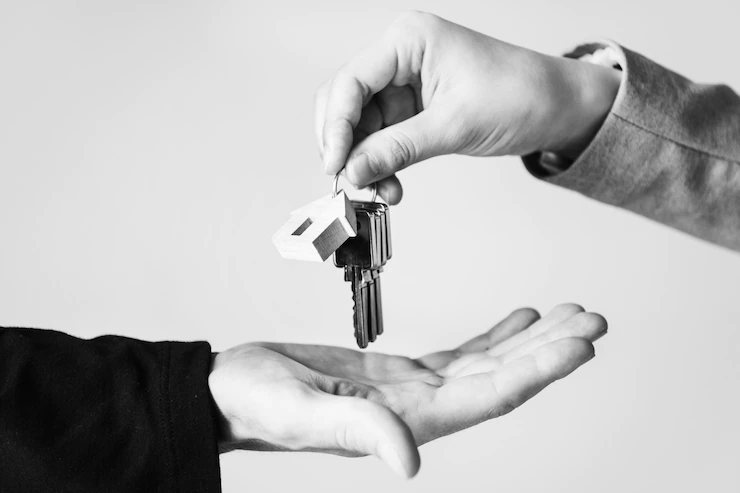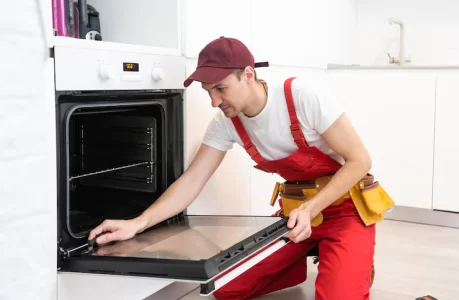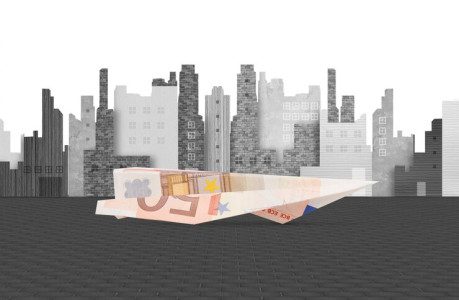Pros and Cons of Buying a Fixer-Upper Investment Property

Even though fixer-upper homes are frequently costly, they typically require a lot of work. However, buying fixer-uppers to flip them can be successful when done correctly.
For real estate investors looking to fix up a house and either sell it for a profit or rent it out, purchasing a fixer-upper property can be a profitable investment option.
They offer the chance to buy a home needing significant repairs, make the necessary changes, and then boost its value due to those upgrades. This implies that the property can make money when it is sold again or can generate more revenue when rented out.
This article sheds more light on the pros and cons of buying a fixer-upper investment property and other valuable information.
Pros of Buying a Fixer-Upper Investment Property
1. Lower cost of purchase
Fixer-uppers are desirable to investors searching for more affordable properties because they are frequently priced far below market value since they need renovations. A property that needs renovation is often an excellent option for investors who want to get into the rental property market but cannot afford move-in ready homes or are just searching for a great deal.
Regardless, you can spread out the cost of the home repairs and improvements over time. As a result of the lower initial financial expenditure, more investors can access these properties, resulting in cost savings for the investor. If you’re a first-time investor, you can read up on common hindrances investors face when investing in real estate.
2. Loan savings and property taxes
Since property taxes are determined by the sale price of a home, buying a fixer-upper instead of a move-in-ready home will result in much lower biannual property taxes. Additionally, several fixer-uppers may be eligible for an investment tax credit for rehabilitation expenses, which means the repairs you complete to your fixer-upper may earn you money.
A 203(k) loan might be an option for financing this investment, which is another fantastic feature. This implies that the money from your loan can be used to buy the property and make the necessary repairs to make it livable. You can also acquaint yourself with a guide to 203(k) to understand how this option works.
3. Less competition
Due to the necessity for repairs and renovations, fixer-upper homes typically have less competition. Therefore, buying a rental that requires work considerably boosts your chances of getting a deal, even in a competitive real estate market.
As a result, you have a lower chance of getting into a bidding conflict with several other bidders and paying more for the house than you had intended. In addition, with fewer competitors, the sale will likely proceed more quickly and smoothly, increasing your chances of success. Also, you can hire a dedicated property manager to discuss the earning potential of your investment.
4. Increase in house value
Purchasing a home that requires work can significantly boost its worth. You can make improvements that will increase the home’s value and help you sell it for a much higher price. It’s critical to estimate the cost of your renovations before you get started so that you may be sure to make the upgrades that will add the most value to your home.
5. Simple to customize
One of the main benefits of purchasing a fixer-upper is that these properties can be customized. You are open to a home that has already been completed, and you can invest in the parts of the home upgrade that are most important to you.
So, if you want to add features that might make the home more appealing to renters, you can do that. You can also add features if you want a specific bathroom feature. The ability to modify the home to meet your needs as a buyer or investor may be helpful.
Cons of Buying a Fixer-Upper Investment Property
1. Expensive home upgrades
In some instances, buying a fixer-upper will cost you more in the long run than if you had purchased a property that was already furnished. Before making a final decision on a property needing repair, you must conduct thorough research. This involves developing a list of the required improvements and repairs, looking into the expenses involved, and comparing those expenditures to the cost of a move-in-ready home.
Even though this is rare, buying a house that needs work could cost you more in the long run than your original savings. Fixer-uppers ultimately give you the freedom to be innovative, save money, and keep a tiny advantage in the rental property sector in terms of positive cash flow. However, they are challenging to manage and come with many added risks.
2. Unexpected Costs
Even though you might save money on a fixer-upper thanks to a lower purchase price, lower property taxes, or even a novel financing option like the 203(k) loan, there may be unanticipated expenditures you encounter after the renovation work gets underway. For instance, you might decide to renovate your home’s kitchen cabinets only to discover that the entire space requires electrical work.
Or perhaps you’ll find out that lead-based paint is all over your old fixer-upper house. In addition, you might discover mold in the bathroom, decaying wood in the roof structure, or dripping pipes in your sprinkler system in the garden. This will ultimately result in extra expenses, work, and headaches.
3. Long-term project
It may take several months or even years to renovate a fixer-upper house, so this will likely require a lot of work. This may not be ideal for investors looking for a quick profit because the repair projects could be significant. On the other hand, this could be an issue for homebuyers because living near a construction site is only sometimes practical.
Final thought
A fixer-upper could appear to be an incredible deal at first glance. However, you might have a different opinion after understanding how much you will need to spend on repairs and improvements. So, make sure it’s a wise investment before putting in an offer on a fixer-upper.
Additionals:



























Leave A Reply